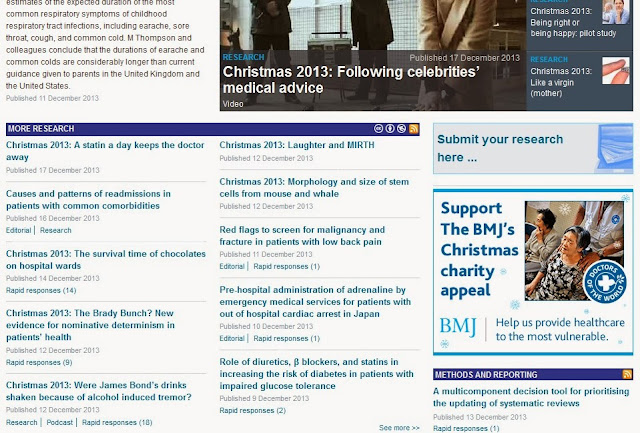So, what has 2013 brought, and what does 2014 hold?
On a mundane level, as has been the case for the past two years, in 2013 I've spent a lot of time on trains commuting to and from York and travelling around the country for various (often exam board) meetings. I've improved my crochet skills, watched a lot of Pointless on my tablet, and earned enough loyalty points to swop for 24 bottles of wine!
As an educator who has left the classroom, I have regularly
been asked if I would ‘go back’. My
stock answer is that I started out teaching adults in an FE college, and have now come full
circle again. I am still teaching, just
not in any single school. This year has,
once again emphasised how much I enjoy working with teachers, both those who
come onto our residential courses at NSLC and also those who are in schools
that I’m involved in.
One of the areas that I’ve really delved into more this year
has been education research and education policy. The connectedness of twitter meant that I was
able to be part of @tombennett71 (and not forgetting his fabulous
deputy-in-arms @Hgaldinoshea) ResearchEd2013 conference, and also to get
involved (in a very small way) with @HeadsRoundtable. Both have given hope about education. The ResearchEd conference showed how
enthusiastic some teachers are about improving their teaching. HTRT introduced me to some great head teachers
who are working towards improving the life-chances of students in their schools
in quite different circumstances, as well as who are speaking out about their
beliefs. Getting to know @RosMcM has been a particular pleasure.
On the policy front, it feels like I’ve been completing
consultation forms constantly both for myself, and as part of various organisations I'm involved with. Not forgetting the latest two from Ofqual on
A-levels and GCSEs, which close on 17th and 31st January.
I’ve also enjoyed reading blogs this year (though it’s hard
to keep up with them all). I
particularly enjoy @johntomsett’s and @tombennett71 for the quality of their
writing. One of my ambitions is to write
books – probably text books – and reading these two blogs in particular
challenge my writing significantly. Writing
my own blog, and also writing blogs for work (such as on embedding the impact of CPD and this on science investigations), has (slowly) helped me to work on my writing. Writing mainly about science subject
specific topics mean that I don’t necessarily get as many views as some of the
more general blogs (not that I’m counting, of course), but hopefully some of the
ideas find their way into science lessons and that is always good to know.
I was also able to publish a paper, about the ASE summer conference
session that I coordinated, in the SSR journal.
This year has also taught me, both personally and in the
wider educational world, that times of change are hard. It has proved important for me to look at
what it is I’m good at, what is important, and keep doing those things. This is also the ethos that I recommend to
teachers on the courses. As educators we
are buffeted on all sides and if we are to do the best for those we teach we
need to focus on the things that are important. With the increase in accountability and
measurement that teachers and students are subject to this is becoming
increasingly difficult, particularly for classroom teachers.
Next year
Well, I’m trying not to look at my diary too much. It’s already pretty full up until August, and I’ve said ‘yes’
to a number of freelance projects which need to be squeezed in before then somewhere.
I may be able to write more about those
as, and when, details are firmed up.
I’m looking forward to seeing how the Stimulating Physics Network project develops as the tender renews in April. Hopefully the IOP will be able to develop this
further, but we’ll have to see what the outcome of the tendering process before
I know how I’ll be affected by any changes.
With NSLC I’m taking a group of 50 science teachers on a
study visit to CERN, a slightly daunting, but very exciting prospect. I shall be counting heads madly to make sure I
don’t leave anyone behind! Also at work,
a number of my colleagues are moving on to pastures new in the next few months
and will be sorely missed.
I’m also looking forward to meeting more twitter folk at
various tweet-ups, conferences and courses (if you’re in York at NSLC, do say hello). One of the really good things about twitter is
the opportunity to meet lovely people who would otherwise have passed me by.
In a song, John Lennon says 'Life is what happens to you when you're busy making other plans'. So this year I'm trying to avoid making the other plans, and will just get on with experiencing life as it happens.


